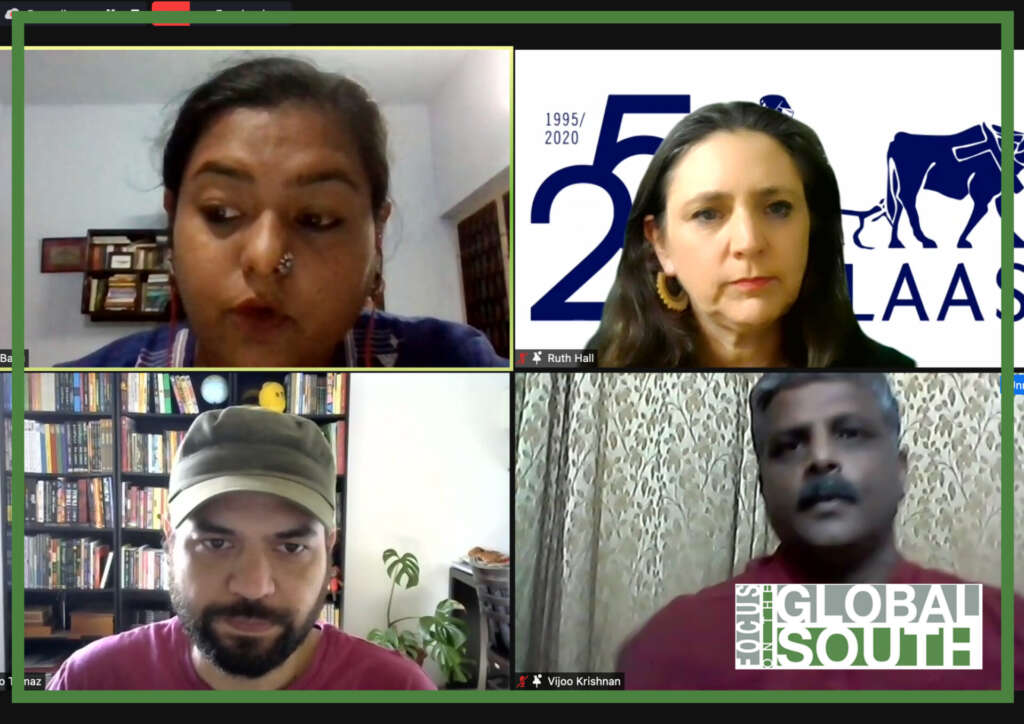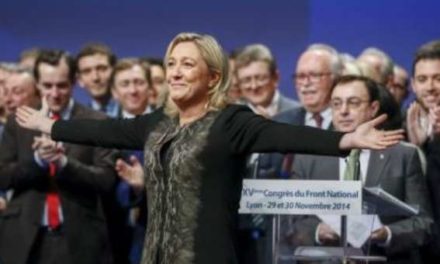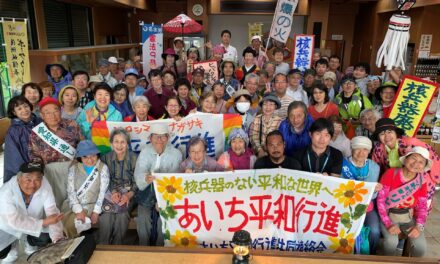
Focus on the Global South co-organized a webinar on the “Agriculture and BRICS: Reforms and Resistance” on Thursday, 21 October 2021. This webinar addressed the issues surrounding agriculture, which is an important sector for BRICS countries in terms of livelihoods.
Dr. Ranjini Basu from Focus on the Global South moderated the session, starting with how the latest Agriculture Ministerial meeting of BRICS held virtually in August, 2021 concluded with the adoption of the 2021-24 Action Plan, calling for more South-South cooperation amongst the BRICS countries to diversify agri-food systems to increase farmers’ incomes. This year’s theme was “BRICS Partnership for Strengthening Agro Biodiversity for Food and Nutrition Security”. However, the policy track adopted by the ministers is often not publicly debated and faces domestic opposition within the countries. The current situation with COVID-19 pandemic has also accentuated the challenges in agriculture especially in supply chains and overall food security.
Speaking at the session were Fabio Tomaz from Brazil’s Landless Workers Movement, Movimento dos Trabalhadores Rurais Sem Terra (MST), Professor Ruth Hall from Institute for Poverty, Land and Agrarian Studies (PLAAS), University of the Western Cape, South Africa, and Dr. Vijoo Krishnan from All India Kisan Sabha.
Fabio Tomaz spoke on the impacts of COVID-19 on agriculture in Brazil, and how the government response is ineffective/ He added that social movements such as MST have been leading the effort to ease the impact of pandemic on the working class .
“As a peasant movement fighting for food sovereignty, against hunger, we created this process called productive quarantine. We organize our networks to produce and donate tons of foods for those in severe need. We are on this until today, in some regions weekly in some regions on a daily basis, but not as charity, but as solidarity. Not giving them what’s left, but sharing what we also lack.”
Ruth Hall explained how land grabbing and expansion of extractives and financialization is happening, how agriculture and food systems are profoundly impacted during COVID, and the very enormous struggles right now around contesting what recovery looks like, and what is the recovery.
“So in all of this, I think that one of the big calls has been to relocalize food systems, and to use the COVID crisis as a moment to show that the extended and long supply chains of transnational capital, the reliance on a biotechnology and seed and chemical inputs – these are the causes of vulnerability in the food system, rather than the solution.”
And lastly, Vijoo Krishnan shared on the manner in which the organizations of the peasantry are dealing with the different actions that the Government in India is taking up in responding to the pandemic, highlighting the unity between the peasantry and the working class that has been meticulously built all this time and the importance of cross-border dialogues in building solidarity.
“I think that is where forums like the Peoples BRICS are very important to articulate the demands of the people of our countries to build solidarity between the toiling masses and the peasantry across borders, across the globe.”
The webinar was the second webinar that Focus organized as part of the The People’s Forum on BRICS – the media release from the first webinar can be found here. In total,
22 webinars and 2 plenaries are being organised as part of the Peoples Forum on BRICS from 18-22 October 2021. More information can be found at https://peoplesbrics.wordpress.com/
If you missed the webinar or want to revisit, the webinar will be uploaded on Focus on the Global South Facebook page (facebook.com/focusontheglobalsouth).
For more information
Anisa Widyasari– [email protected] (+66 988614414)
Each speaker’s session at the Webinar:









